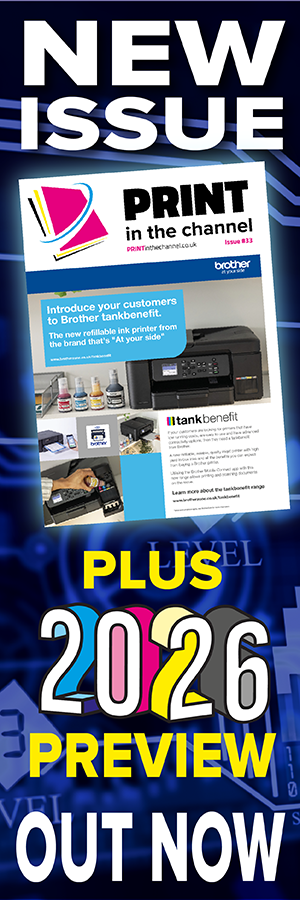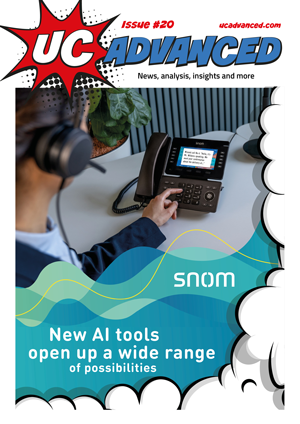In the face of global economic uncertainty and substantial industry hurdles, healthcare technology leaders remain resolute in steering their organisations through the tumultuous waters of digital transformation.
Recent research conducted by KPMG illuminates the determination of these leaders to uphold their innovation priorities despite the odds.
The KPMG 2021 Healthcare CEO Future Pulse survey, which incorporated insights from 200 healthcare leaders worldwide, unveils a landscape in which digital integration is both a buzzword and a strategic imperative.
Astonishingly, 38% of healthcare CEOs reported utilising artificial intelligence (AI) to engage with or treat patients, with notable proportions adopting remote monitoring (47%), wearables (40%), and embedded biometric monitoring (35%). Such figures are poised to skyrocket in the coming years, mirroring the accelerating pace of technology adoption across the sector.
Evan Rawstron, Global Co-Lead for KPMG Connected Enterprise for Health, emphasises the profound impact of technology on healthcare expenditure globally. “Healthcare organisations have long focused their investments on technology to improve consumer outcomes and experiences,” Rawstron states. “However, the emphasis on employee and enterprise productivity is rapidly gaining importance.”
Indeed, the KPMG global tech report 2023, reflecting insights from 2,100 executives across 16 countries and nine industries, underscores the alignment of healthcare priorities with workforce support and consumer trust-building initiatives. Within this realm, AI and machine learning (ML) emerge as linchpins for overcoming productivity hurdles while fortifying cyber resilience to bolster stakeholder trust and information security.
Technology emerges as a beacon of hope in the battle against burnout and workforce shortages plaguing the healthcare domain. By streamlining processes and alleviating the burden on healthcare professionals, technology reallocates time towards higher-value tasks, enhancing employee productivity and value generation.
However, the path to digital transformation has its challenges. Rawstron notes a pervasive trend of employee resistance influencing technology investment decisions within the healthcare sector. This resistance, exacerbated by demanding workloads and limited resources, underscores the urgent need for comprehensive training processes to effectively empower healthcare professionals to adapt to evolving technological landscapes.










